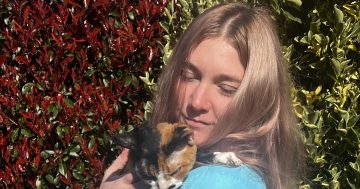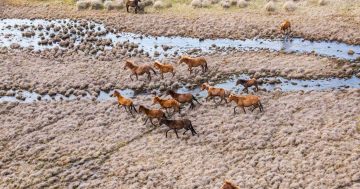Veterinarians from across the ACT and NSW will receive training this week in how to respond to initial reports of a number of emergency animal diseases, including foot-and-mouth disease, avian influenza and Hendra virus. Training will taking place this Wednesday 24 June 2015 and Thursday 25 June 2015.
“This training exercise will help prepare vets who may have to provide the initial response to an undefined disease or following the detection of a suspected emergency animal disease,” said Stephen Hughes, Senior Manager, Biosecurity, Parks and Conservation.
“Training participants will practice outbreak response scenarios for a range of emergency animal diseases including avian influenza, foot-and-mouth disease and Hendra virus.
“This training covers recent advances in outbreak management, essential personal protection equipment, risk assessment and risk management, disinfectant requirements as well as providing hands-on training for best practice movement on and off quarantine premises. The training will also cover nationally agreed emergency animal disease protocols.
“In the event of a disease outbreak, we would not have time to review our response plans before taking action. Decisions need to be made fast and appropriate actions taken quickly as the earlier disease can be contained the better chance we have to reduce the impact on livestock health and on Australia’s ability to access primary producer export markets.
“It is one thing to have plans in place, but it is vital to ensure the implementation of procedures is well rehearsed. This exercise will provide the practice that government and its industry partners need,” Mr Hughes concluded.
Training will be conducted by Dr Andrew in conjunction with Parks and Conservation Service’ Biosecurity Veterinary Officers. Dr Andrew has over 40 years experience as a veterinarian and has been involved in several emergency animal disease responses including equine influenza and avian influenza.


















